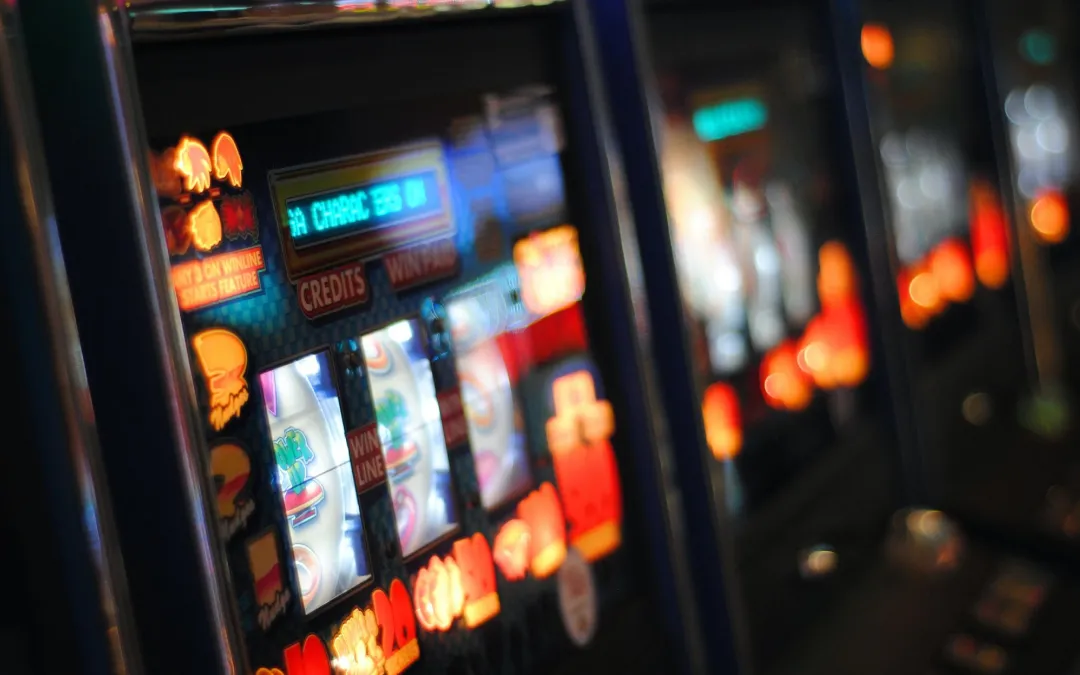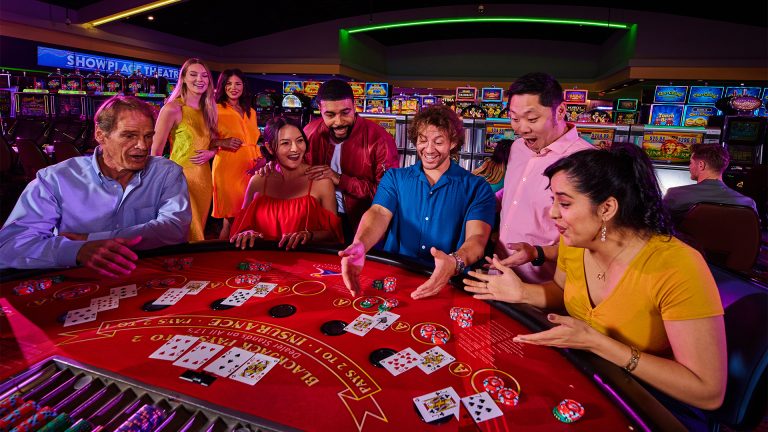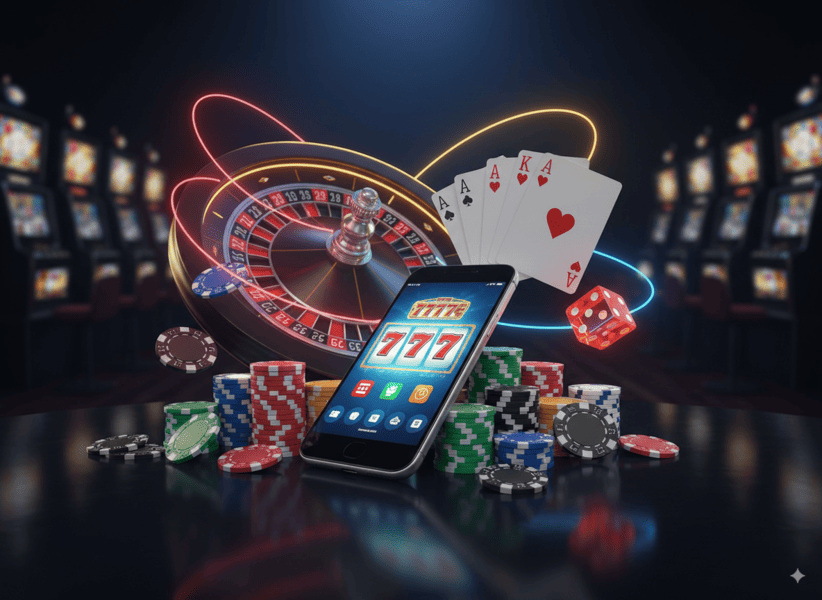
Casinos Are Where You Are Finally Allowed to Be Weak
Pamela
- 0
The Permission You Don’t Get Anywhere Else
For many players, stepping into a casino – whether it’s a grand hall in Las Vegas or logging into Wintopia casino from a quiet bedroom – is less about money and more about something society rarely allows: the permission to be weak. Not weak in the moral sense, but in the human sense – tired, doubtful, flawed, hopeful against reason. In the casino, you don’t have to project competence, control, or perfection. The very act of playing says, “I can lose, and that’s okay.” And in a world obsessed with constant winning, that’s a dangerous kind of relief.
Weakness as a Cultural Taboo
Modern society worships resilience, self-control, and the grind. Weakness is framed as a defect to fix:
- At work, it’s hidden under performance metrics.
- In relationships, it’s hidden under smiles and filtered photos.
- In public life, it’s masked by curated appearances.
The casino disrupts this narrative. It offers a sanctioned space where failure is not only possible but expected. The presence of risk creates a shared vulnerability among players, an unspoken acknowledgment that no one here is invincible.
The Psychology of Being “Allowed to Lose”
Loss as Emotional Catharsis
For some players, losses aren’t a tragedy but a form of emotional purging. Placing a bet is a micro-drama:
- The tension before the outcome.
- The release, whether in joy or disappointment.
- The reset, as the next round starts.
This cycle mirrors therapy in its emotional peaks and valleys, except it requires no words and no disclosure.
The “Safe” Collapse
Life rarely lets you crumble without consequences. In a casino, a bad night is just a number on a balance sheet, not a public scandal. This creates a controlled space for collapse – a small, personal arena where weakness can exist without dismantling your entire identity.
The Ritual of Dropping the Armor
The Entrance Ritual
Crossing the threshold of a casino, physical or digital, is symbolic. It’s a psychological permission slip:
- You are no longer bound by the logic of your professional life.
- Your decisions are guided by chance, not strategic plans.
- You can admit you want something irrational – a win you can’t control.
The Disappearance of Hierarchies
In the game space, social roles blur:
- The CEO and the college student share the same odds.
- The tired mother and the traveling salesman both sit under the same neon glow.
- No one asks for résumés – only bets.
How Weakness Becomes the Point
Beyond Winning
For many at-risk players, gambling stops being about money long before the outside world notices. It becomes:
- A ritual of escape.
- A way to suspend the performance of being “strong.”
- A repetitive act that reaffirms: I can fail and still come back tomorrow.
The Emotional Suspension Bridge
The casino holds players in a liminal state:
- Not fully safe (you can lose everything).
- Not fully unsafe (the environment is controlled).
This state allows emotions to surface without spilling into other parts of life.
Weakness as an Equalizer
Shared Humanity
Casinos are one of the few spaces where everyone admits to chasing something uncertain. This collective vulnerability:
- Reduces the shame of personal fragility.
- Creates fleeting bonds among strangers.
- Allows for honesty without the threat of judgment.
Unspoken Solidarity
A nod between players at adjacent tables can mean:
“I know this feeling. I’ve been here too.”
These micro-acknowledgments are silent validations that weakness is universal.
The Role of Chance in Emotional Surrender
Relinquishing Control
Most daily life is about controlling outcomes: deadlines, budgets, schedules. Casinos flip that logic. The randomness of cards, dice, or digital reels:
- Forces acceptance of uncertainty.
- Offers relief from decision fatigue.
- Gives players a way to practice surrender in a high-stakes microcosm.
The Freedom of Blame
When luck decides:
- You are free from self-criticism for the result.
- You can fail without being “responsible” for the failure.
- This creates a paradoxical freedom in weakness.
Why Some People Seek Weakness
Emotional Burnout Refuge
For those exhausted by constant decision-making and responsibility, the casino is a vacation from strength.
Instead of:
- Leading meetings.
- Making family decisions.
- Solving daily crises.
They hand over power to chance for a few hours.
Identity Reversal
People in positions of control sometimes crave environments where:
- They are not in charge.
- They can experience unpredictability without career or personal ruin.
The casino offers this safe role inversion.
Weakness Without Consequence – Or So It Feels
The Illusion of Isolation
Players often think their casino life is separate from the rest of their lives. This mental partition:
- Encourages risk-taking.
- Creates a private world where weakness can flourish unobserved.
- Shields the ego from judgment.
The Hidden Costs
While the casino may feel like a safe zone for vulnerability, prolonged engagement can:
- Blur boundaries between “play” weakness and real-life instability.
- Lead to financial or emotional dependency on the ritual.
- Turn temporary relief into chronic escape.
The Seductive Atmosphere of Permission
Casinos are designed to feel:
- Enveloping – no windows, no clocks.
- Comforting – soft chairs, warm lights.
- Anonymous – no one asks questions you don’t want to answer.
These features work together to keep you in the mental space where weakness is not just accepted – it’s the currency of the game.
Case Profiles – Why People Seek This Space
- The Burned-Out Executive
Spends weekdays making high-pressure decisions, weekends letting slot machines decide everything. - The Caregiver
At home, they manage every detail of a dependent’s life. In the casino, they manage nothing and relish the absence of responsibility. - The Perfectionist
In life, failure is unthinkable. In the casino, losing is part of the rules – a relief in its inevitability.
The Danger of Finding Home in Weakness
While occasional surrender can be healthy, making it a central coping strategy can:
- Delay addressing real-life sources of stress.
- Replace healthy vulnerability with habitual escapism.
- Create an identity dependent on losing control in safe bursts.
The Mirror Effect: Seeing Your Weakness in Others
Casinos are mirrors. Watching another player’s emotional journey can:
- Normalize your own fluctuations.
- Create empathy for the universal fragility of people.
- Reinforce the idea that weakness is not failure – it’s part of being human.
Conclusion – Weakness Without Shame
The enduring appeal of casinos may lie less in the thrill of winning and more in the relief of being able to let go. For some, that’s a dangerous freedom; for others, it’s the only place where they can exhale without judgment.
When you walk into a casino, whether it’s the glowing lobby of a luxury resort or the discreet portal to casino, you’re entering a rare space in modern life – one where strength isn’t mandatory, and weakness is not only tolerated but quietly celebrated.

